Time Periods
Paleolithic
Mesolithic
Neolithic
Chalcolithic
Bronze Age
Iron Age
Classical Period
Post-Classical Period
Early Modern Period
Industrial Period
Contemporary Period
Time Periods
Paleolithic
Mesolithic
Neolithic
Chalcolithic
Bronze Age
Iron Age
Classical Period
Post-Classical Period
Early Modern Period
Industrial Period
Contemporary Period
Location
About
Paphos Archaeological Park in southwest Cyprus showcases the remnants of an ancient Greek and Roman city, Nea Paphos. The park, under continuous excavation, features significant structures and artifacts from prehistoric times to the Middle Ages. Notable discoveries include four grand Roman villas, each with exquisite mosaic floors, a theatre, an agora, and the Tombs of the Kings necropolis. Constructed in the 4th century BCE by Nicocles, Nea Paphos became the island's capital by the 2nd century BCE during the Hellenistic era. The House of Dionysos, House of Aion, House of Theseus, and House of Orpheus highlight the park's artistic heritage, with mosaics depicting mythological scenes. As a UNESCO World Heritage site, Paphos Archaeological Park is essential for understanding the region's historical and cultural evolution.
Gallery
Explore photographs of ancient structures, artifacts, and archaeological excavations at Paphos Archaeological Park
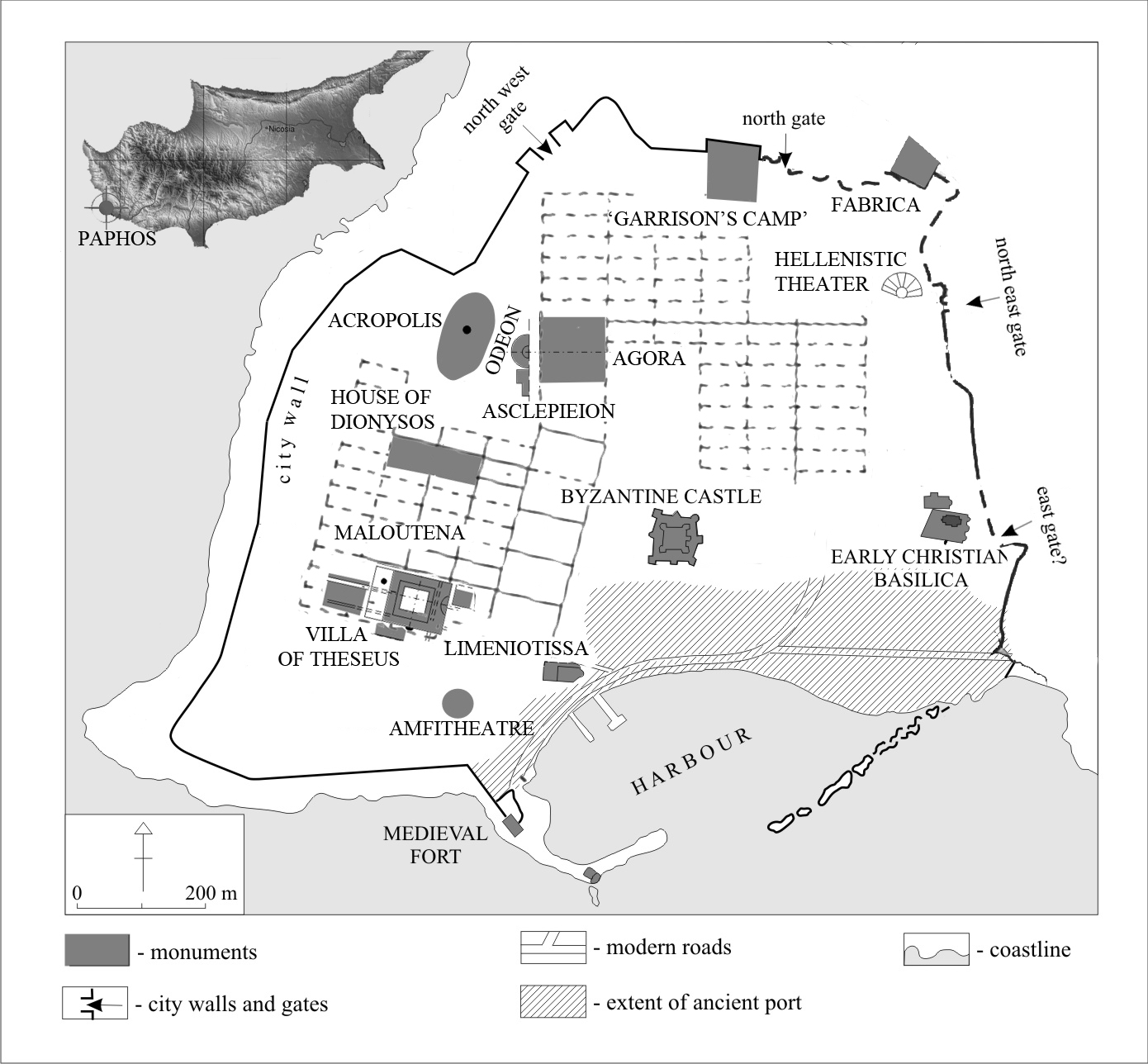
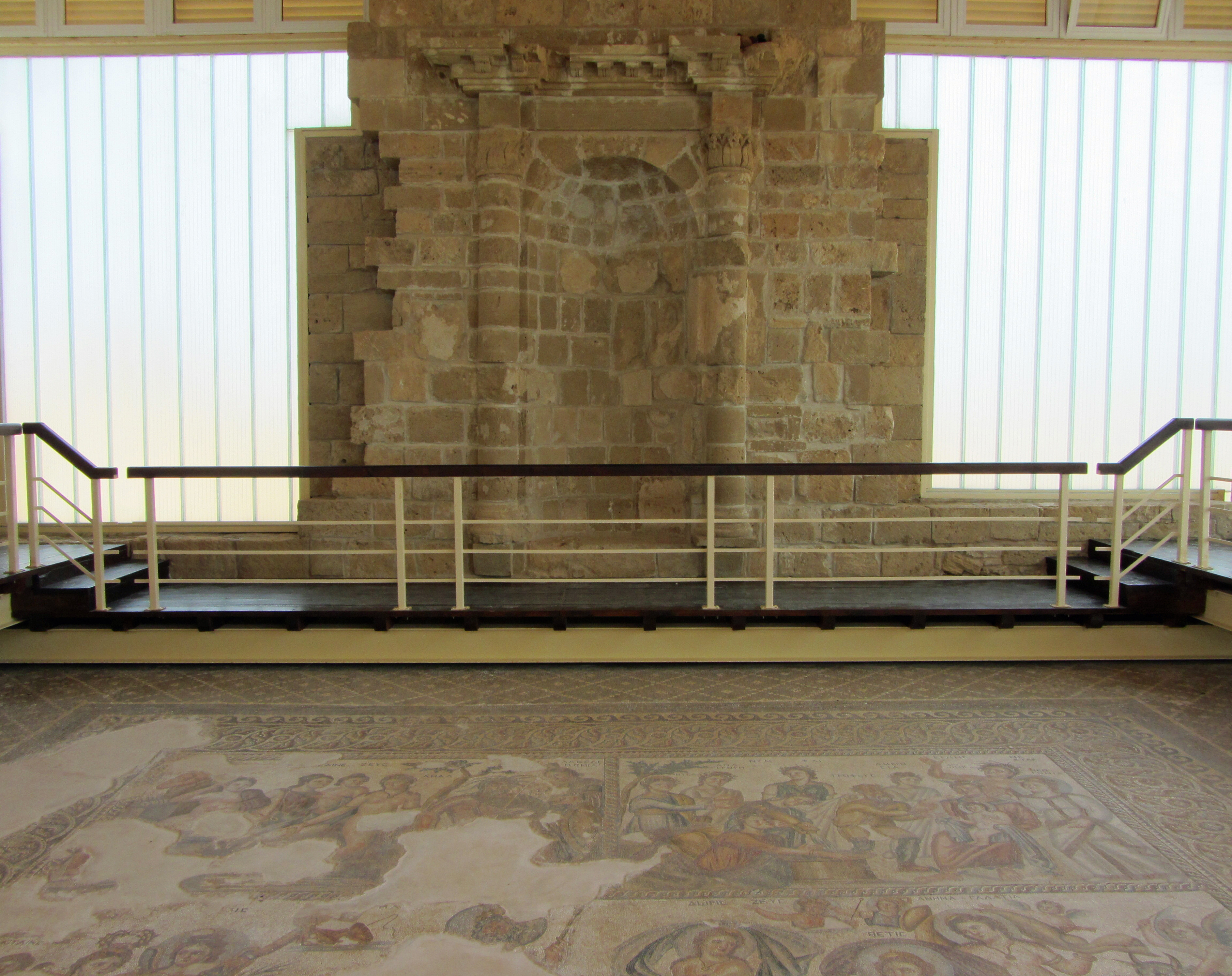
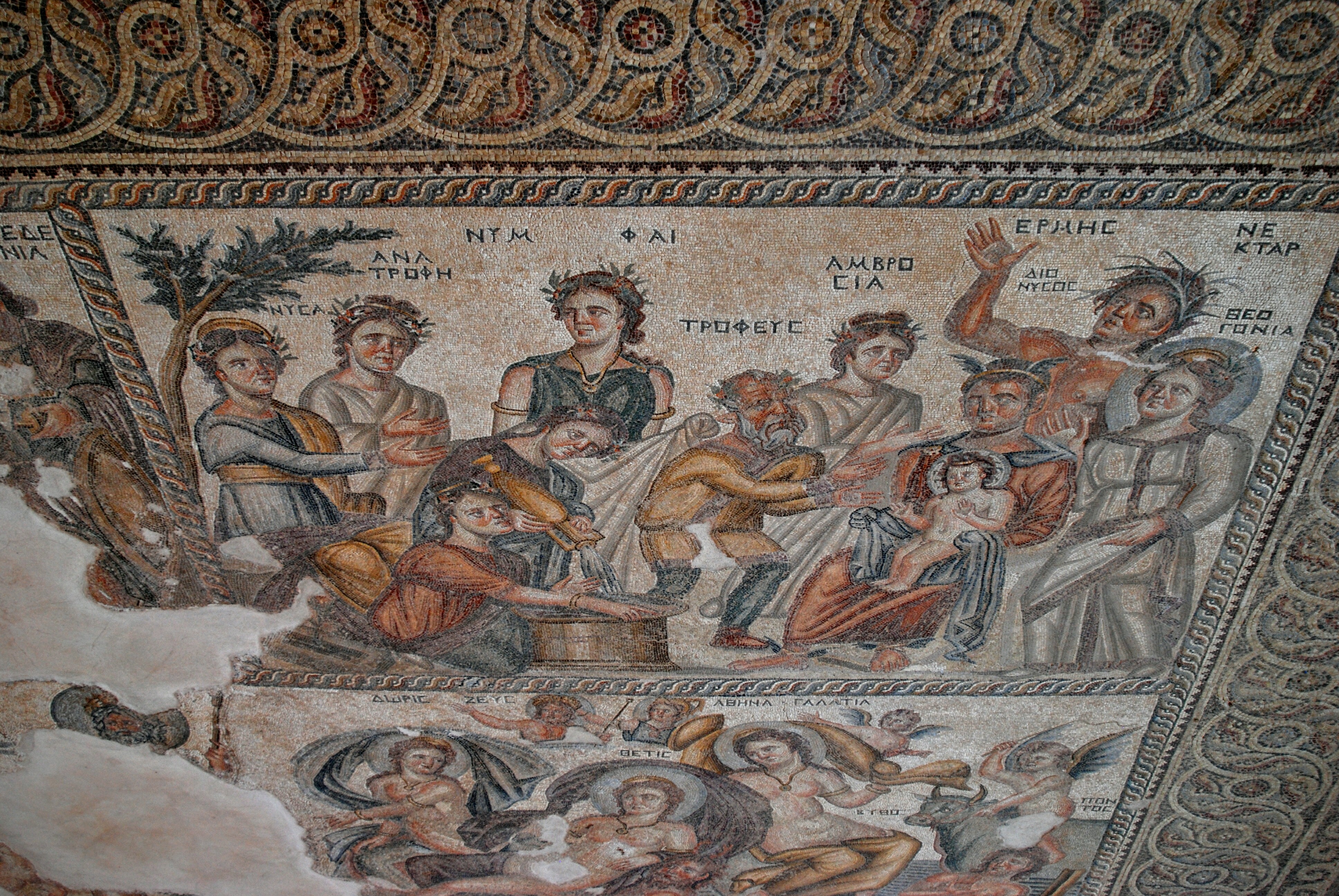
Archaeological Features
Explore the unique architectural and cultural elements found at this historical site
Public and Civic Structures
Burial and Funerary Structures
Religious and Ritual Structures
Artistic and Decorative Features
Domestic and Habitation Structures
Historical Timeline
Journey through time and discover key events in this site's archaeological history
Plan Your Visit
Details
- Country
- Cyprus
- Source
- Wikipedia
More Sites in Cyprus

Amathus
Ancient coastal city with rich history
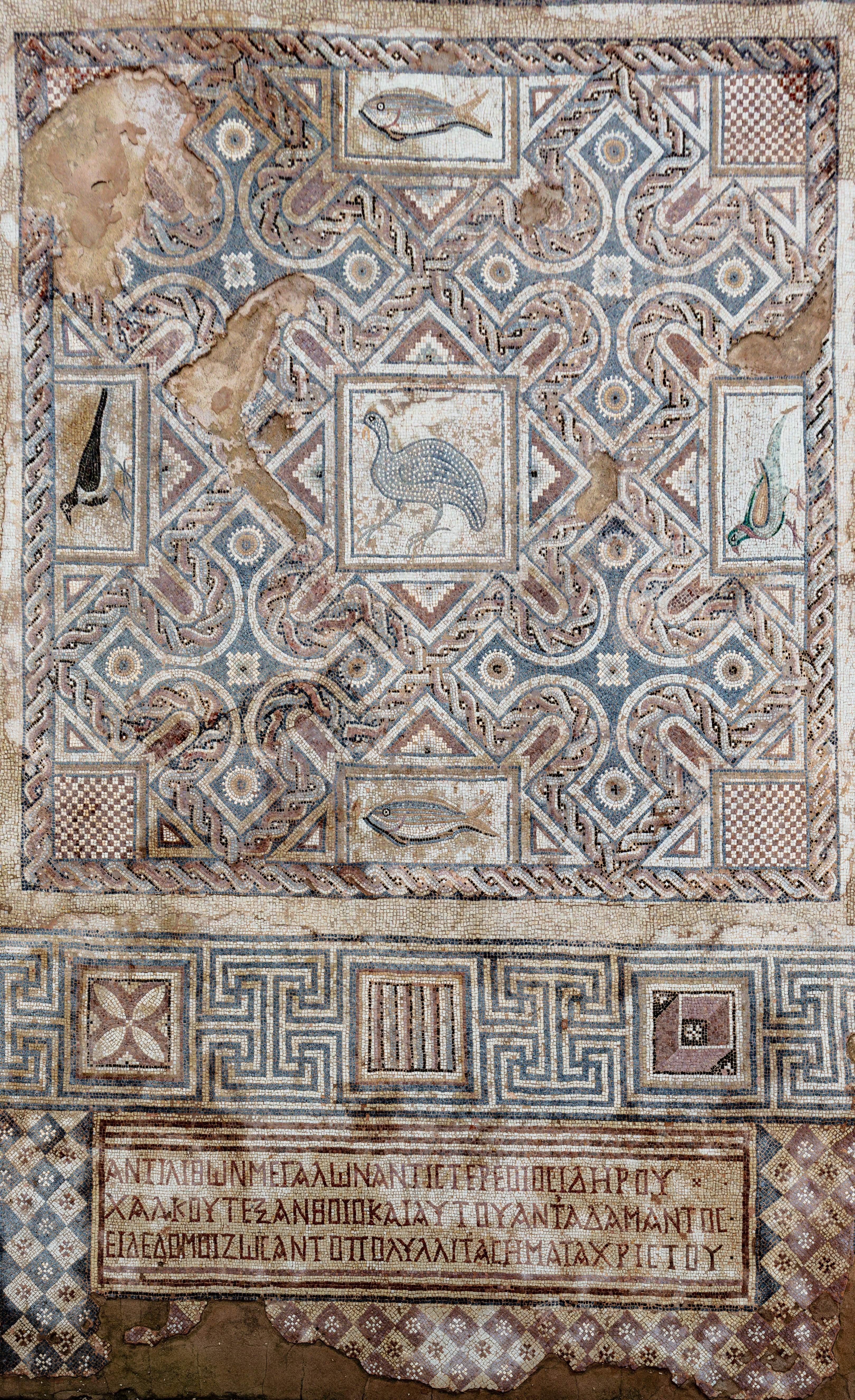
Kourion
Ancient city-state with diverse archaeological remains
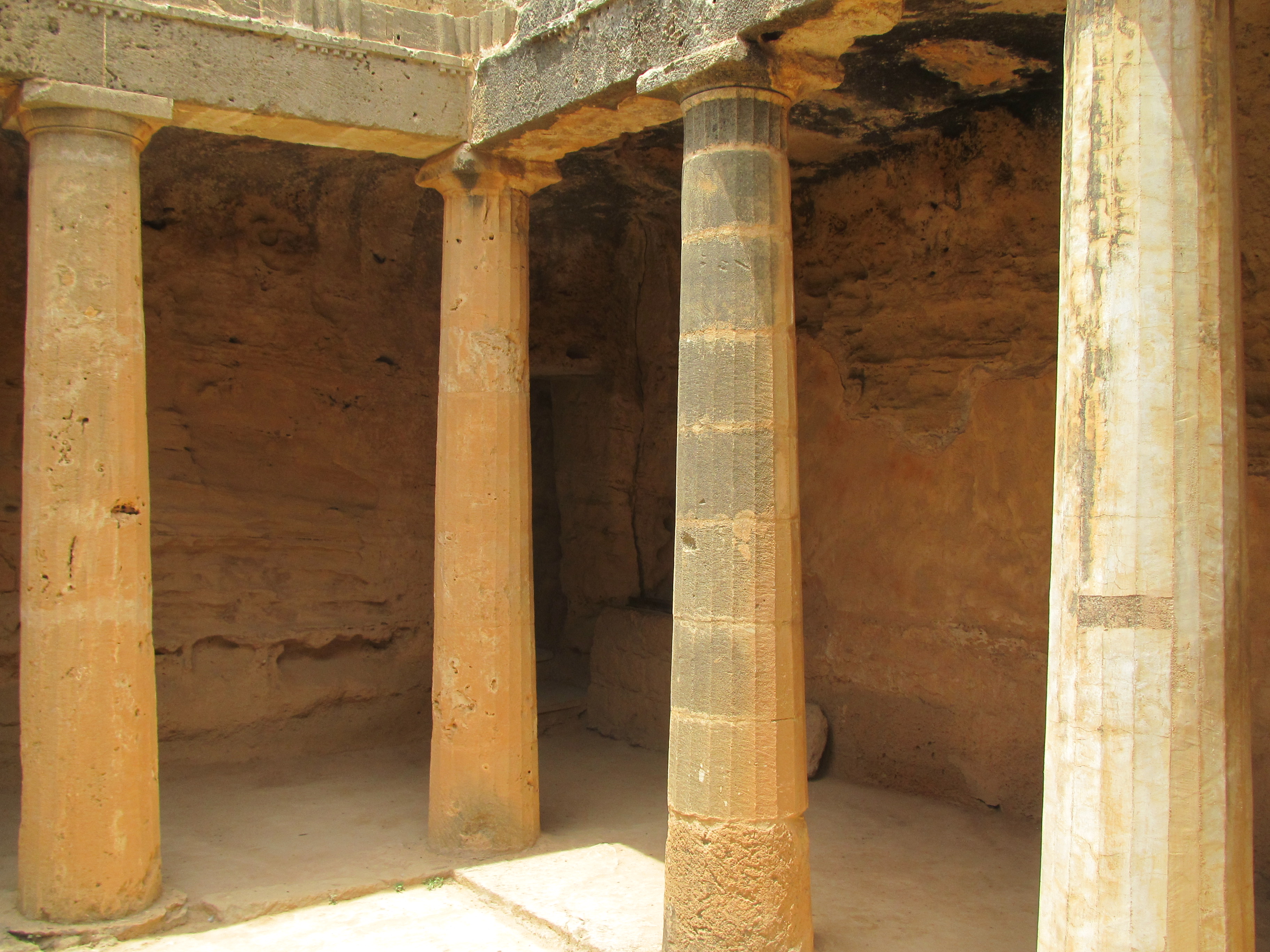
Tombs of the Kings (Paphos)
Rock-cut necropolis with Doric columns.
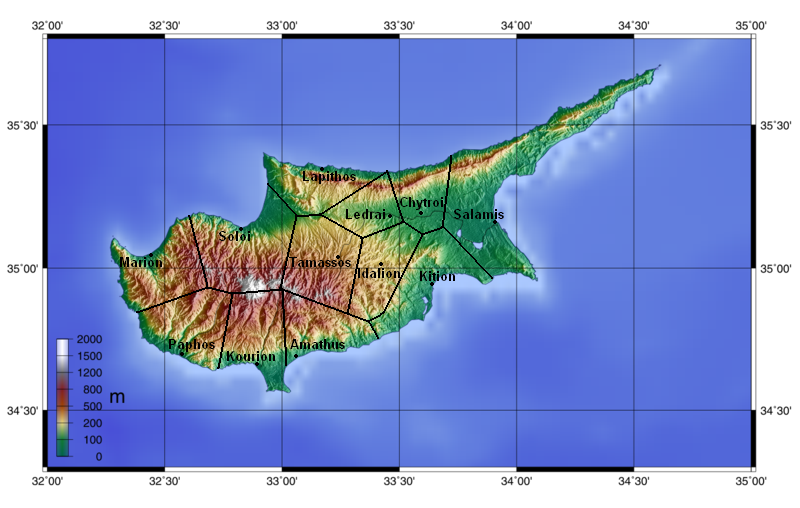
Soli, Cyprus
Ancient city with temples and theatre
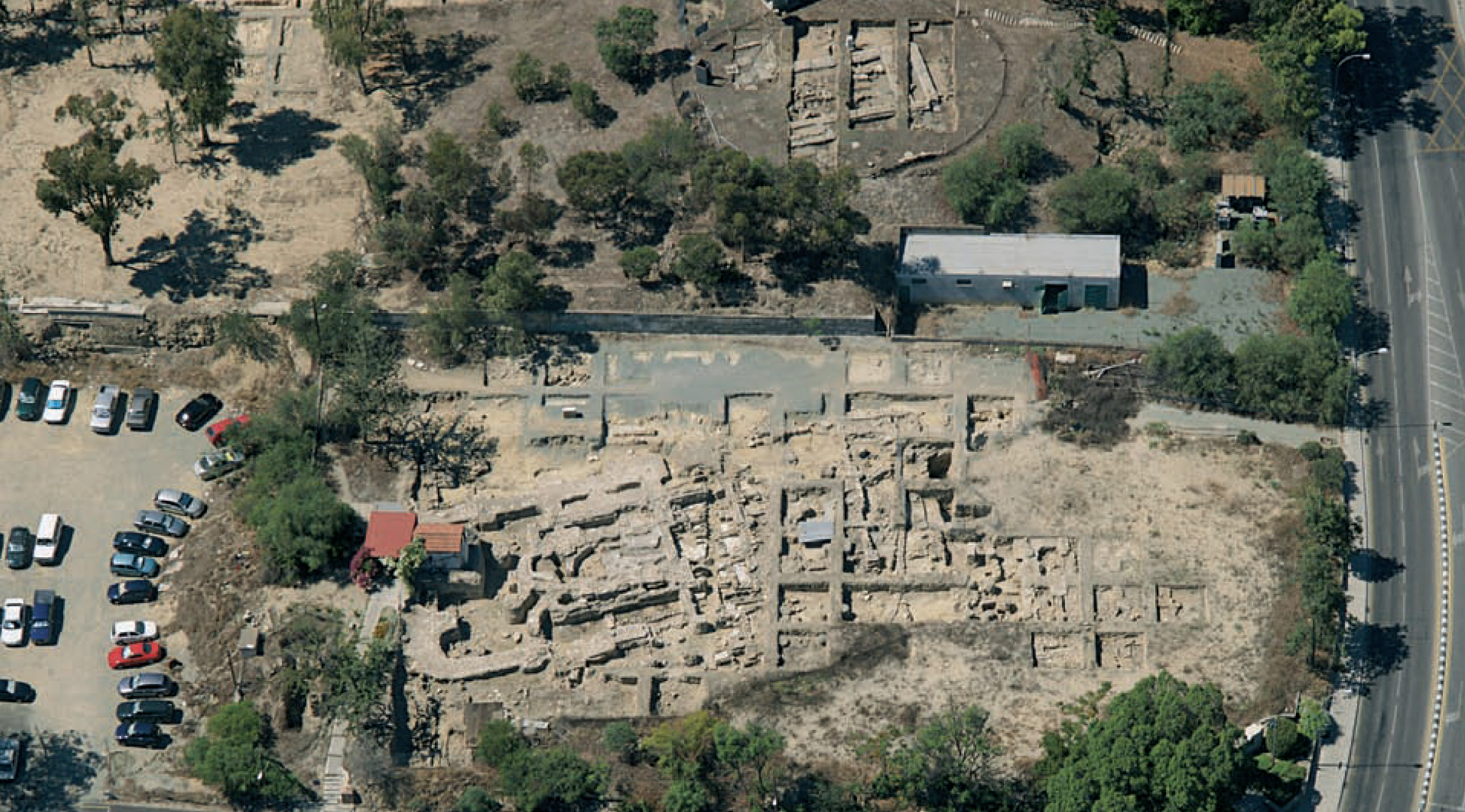
Agios Georgios Hill, Nicosia
Rich, multi-period archaeological site in Cyprus.
Basilica of Panagia Limeniotissa
Ruined 5th century basilica with mosaics.
